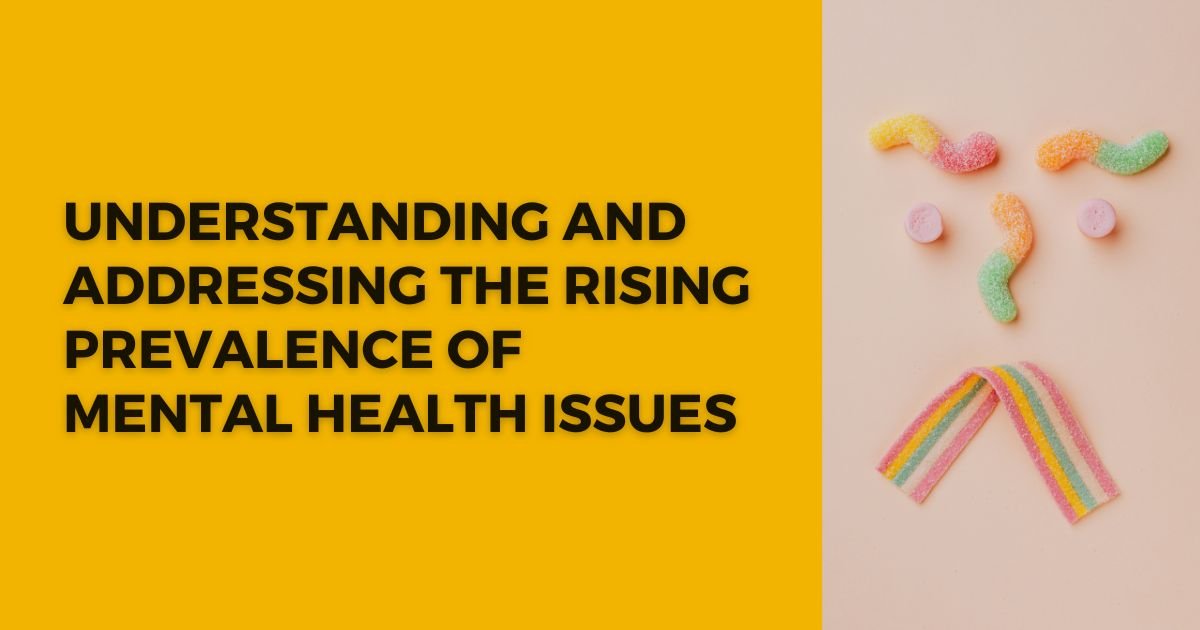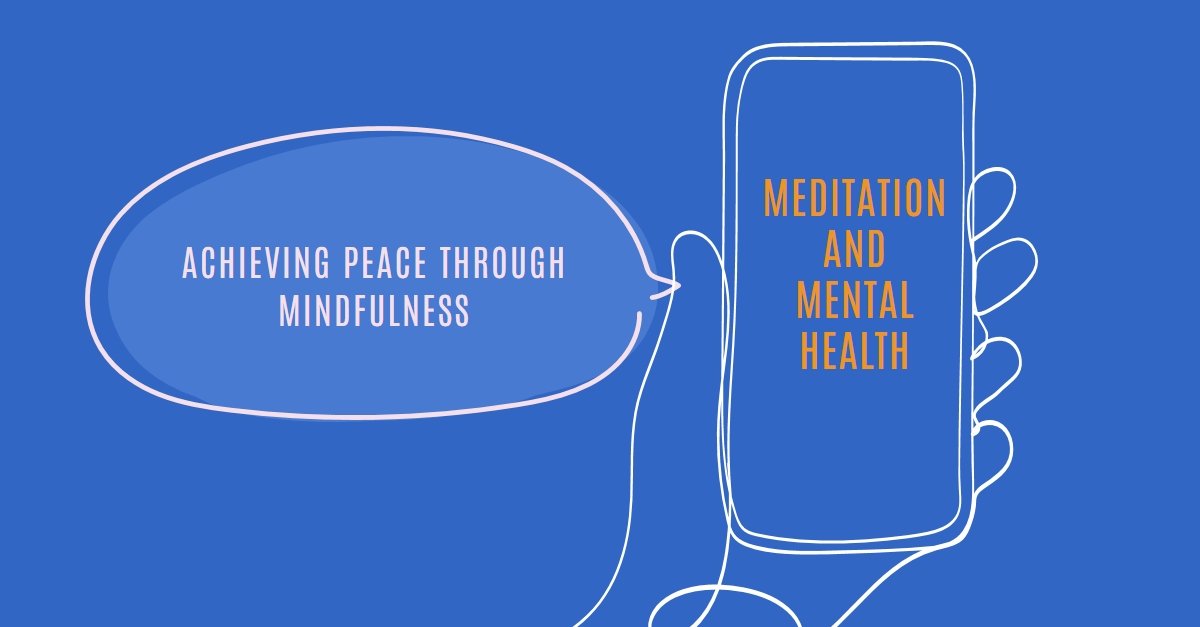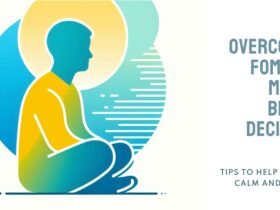In a fast-paced world where stress and anxiety are commonplace, the quest for mental well-being has never been more critical. One practice that has gained significant attention for its positive effects is meditation. Let’s delve into the profound impact of meditation on mental health and explore how this ancient practice is shaping the well-being of individuals worldwide.
Table of Contents
Understanding Meditation
Mindfulness and Beyond
Meditation, at its core, is a practice that involves training the mind to achieve a state of consciousness. With various types such as mindfulness, transcendental, and loving-kindness meditation, it caters to diverse preferences and goals. The historical roots of meditation stretch across cultures and religions, now finding universal acceptance and popularity.
The Science Behind Meditation
Unraveling the Neurological Mysteries
Scientific research has unlocked the mysteries behind meditation, revealing its profound impact on brain waves and neurological functioning. The practice has been linked to reduced stress levels, marked by a decline in cortisol, the stress hormone. This scientific foundation solidifies meditation’s position as a credible method for enhancing mental well-being.
Meditation Techniques
From Mindfulness to Loving-Kindness
Different meditation techniques offer unique approaches to achieving mental clarity and peace. Mindfulness meditation encourages living in the present moment, while transcendental meditation involves repeating a mantra for focus. Loving-kindness meditation fosters compassion, all contributing to the multifaceted benefits of a regular meditation practice.
Effects of Meditation on Mental Health
Anxiety, Depression, and Beyond
The effects of meditation on mental health are far-reaching. For individuals grappling with anxiety, meditation becomes a powerful tool for stress management. Depression sufferers may find relief in the mood-regulating benefits of meditation, while improved focus and concentration are common outcomes for practitioners.
Personal Stories and Testimonials
Voices of Transformation
Real-life stories of individuals who have incorporated meditation into their lives paint a vivid picture of the practice’s transformative power. From overcoming anxiety disorders to experiencing profound shifts in mood, these testimonials provide a human touch to the scientific discourse on meditation and mental health.
Challenges and Misconceptions
Breaking Down Barriers
While meditation offers a plethora of benefits, many face challenges in adopting the practice. Common misconceptions about meditation can create resistance. Addressing these challenges and dispelling myths is crucial in making meditation more accessible to a wider audience.
Integrating Meditation into Daily Life
Practical Tips for Beginners
For those new to meditation, integrating it into daily life may seem daunting. Practical tips, such as starting with short sessions, finding a quiet space, and experimenting with different techniques, can pave the way for a sustainable meditation routine.
Meditation Apps and Resources
Guidance at Your Fingertips
The digital age has brought meditation to our smartphones. Popular meditation apps offer guided sessions, soothing music, and user-friendly interfaces. Exploring these resources can make the journey into meditation more enjoyable and accessible.
Scientific Studies and Research
Evidential Support
Numerous studies have explored the correlation between meditation and mental health. These findings provide evidence-backed support for the inclusion of meditation in mental health practices, paving the way for potential collaborations between meditation practitioners and mental health professionals.
Meditation for Specific Mental Health Conditions
Tailoring the Practice
Adapting meditation to specific mental health conditions is a growing area of exploration. Tailoring meditation practices for conditions such as PTSD, ADHD, and insomnia showcases the versatility of this ancient practice in addressing diverse mental health needs.
Challenges and Opportunities in Meditation Research
Seeking Holistic Understanding
While the existing body of research on meditation is robust, there are gaps that warrant attention. Exploring interdisciplinary collaborations and pushing the boundaries of current understanding present exciting opportunities for the future of meditation research.
The Role of Guided Meditation
Enhancing the Experience
Guided meditation offers an additional layer of support for practitioners. Whether through in-person sessions or virtual guides, the guidance provided enhances the meditation experience, making it more accessible for individuals at different stages of their journey.
Meditation Retreats and Communities
Immersive Experiences
For those seeking a deeper connection with meditation, retreats and communities provide immersive experiences. Shared practices, communal support, and expert guidance can amplify the benefits of meditation and foster a sense of belonging.
Conclusion
In summary, the effects of meditation on mental health are vast and profound. From alleviating anxiety to enhancing overall well-being, the practice offers a holistic approach to mental health. As we navigate the complexities of modern life, incorporating meditation into our routines can be a transformative step toward a healthier mind.
Frequently Asked Questions
-
Is meditation suitable for everyone?
Meditation is generally suitable for most individuals. However, those with certain mental health conditions should consult a healthcare professional before starting a meditation practice.
-
How long does it take to see the benefits of meditation?
The timeline for experiencing benefits varies among individuals. Some may notice positive changes within a few weeks, while others may take longer. Consistency is key.
-
Can meditation replace professional mental health treatment?
While meditation can complement mental health treatment, it should not replace professional advice or therapy. It is essential to consult with mental health professionals for comprehensive care.
-
What if I find it challenging to meditate regularly?
Starting small and gradually increasing the duration, along with experimenting with different techniques, can make meditation more manageable. Consistency is more important than duration.
-
Are there specific types of meditation for specific mental health conditions?
Yes, certain meditation techniques may be more beneficial for specific mental health conditions. Tailoring the practice to individual needs and consulting with experts can optimize results.
To discover more enlightening articles on enhancing mental health and fostering mindfulness, click here. Your path to a harmonious mind awaits, and the more knowledge you gather, the more empowered you become on this transformative journey.














Leave a Reply
View Comments